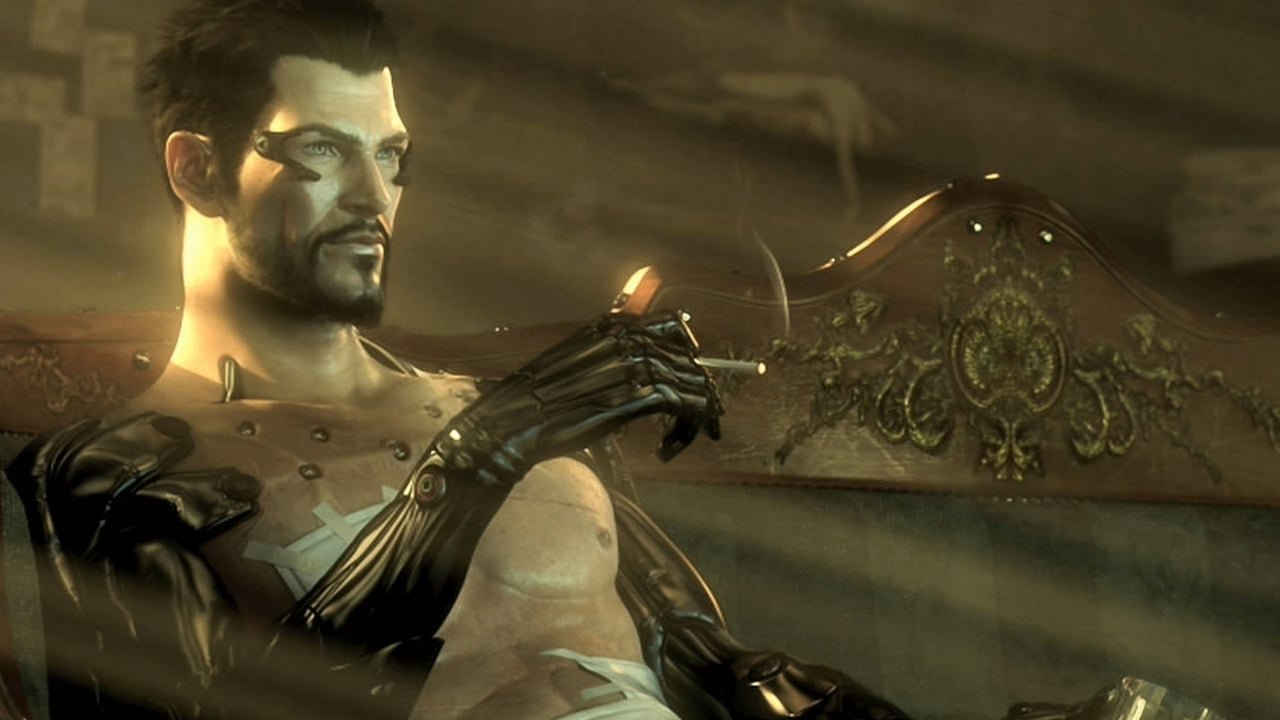The fall of 2011 is an exciting time for a lot of ladies and gents who love playing videogames, and for good reason — there are a whole lot of quality-looking titles currently having last-minute wrinkles ironed out or the shrink wrap finally slapped over their jewel-cases. Despite all of this, I’m not as pumped for the season as I probably should be (full disclosure: I do enjoy playing high-quality-looking videogames) and can’t seem to feel the same sort of anticipation I did in other times when lots of good releases were looming on the horizon. At first I assumed it was just me being cynical (maybe it is just me being cynical), but then I started thinking about the games that everyone else was looking forward to, and it all started to become clearer.
OK. This fall, the big, AAA releases include Batman: Arkham City (or, say, Batman 2), Elder Scrolls V: Skyrim, Uncharted 3, Gears of War 3, Resistance 3, Modern Warfare 3, Battlefield 3, Saints Row 3, The Legend of Zelda: Skyward Sword (The Legend of Zelda 1 Million), Assassin’s Creed: Revelations (Assassin’s Creed 4) Dark Souls (Demon Souls 2) and, uh, Rage. This follows on this year’s other high-profile titles: a Mortal Kombat reboot, Portal 2, Little Big Planet 2, Infamous 2, Dead Space 2, Dragon Age 2, Killzone 3, Deus Ex: Human Revolution (Deus Ex 3) and, well, Bulletstorm and L.A. Noire.
When it’s (exhaustively) laid out like that, you can probably begin to see where I’m going with this. The videogame industry works a lot like any entertainment industry and, especially in an uncertain economic climate, a safe bet is always going to look more appealing to publishers/producers than a wild card. This explains, very reasonably, the reliance on sequels to bolster the crucial holiday buying season — but it’s just a bit . . . sad, isn’t it?
For my bit, videogames are at their best when they work to transport the player to a unique place, immersing her/him in a world where a book, film or recording cannot. This is their particular strength as a medium and, when the novelty of a setting and/or premise is constantly repeated, some of this strength slips away. What’s most troubling about this is that the large majority of the sequels listed above are or look to be really great, carefully developed experiences. I’m really looking forward to, in particular, Uncharted 3 and Assassin’s Creed: Revelations and I certainly enjoyed playing through the new Deus Ex and Portal — but I’m willing to bet none of them will have the same kind of thrill that a wholly new release has. Consider, for example, how it felt to play the original Portal and what it was like to experience its sequel. Both are great games (in many ways Portal 2 is much better), but a sequel will never present that sense of discovery that the best games offer. And when something is familiar, it’s never quite as immersive.
There are rare exceptions when sequels, despite being the continuation of a franchise, pretty much use their status to try something completely new. This is the Final Fantasy scenario (although there’s plenty wrong with those games for other reasons — maybe that could wait until a different time to expound on). Number your next game so it can be deemed a “sequel” and it calms your investors down faster than a cup of chamomile tea, but use this notoriety to try something new. Just like The Beatles later years, it’s possible — and a great way to capitalize on success — to use the good faith inspired by your name to innovate. Resident Evil 4 did this. Grand Theft Auto 3 too. It’s not a coincidence that these two titles are landmarks in videogame history.
But can we expect the same level of innovation from anything this fall?
It doesn’t look likely.
Videogames are always going to a medium where big development budgets require developers to work with certain safety nets in mind, but if this fall is anything to go by the overreliance on sequels as a sort of insurance policy is dampening a lot of the real creativity that has, and should continue to, defined the industry. Considering just how young the industry is, it’s a bit disheartening to see it becoming so safe so quickly. While even a derivative game sequel is capable of being fun (if not thrilling), we should at least expect designers to work harder at offering players new experiences rather than just rehashes or refinements of an old formula.
***
Reid McCarter is a writer, editor and musician living and working in Toronto. He has written for sites and magazines including Kill Screen, The Escapist and C&G Magazine and (very) occasionally updates literature and music blog, sasquatchradio.com




